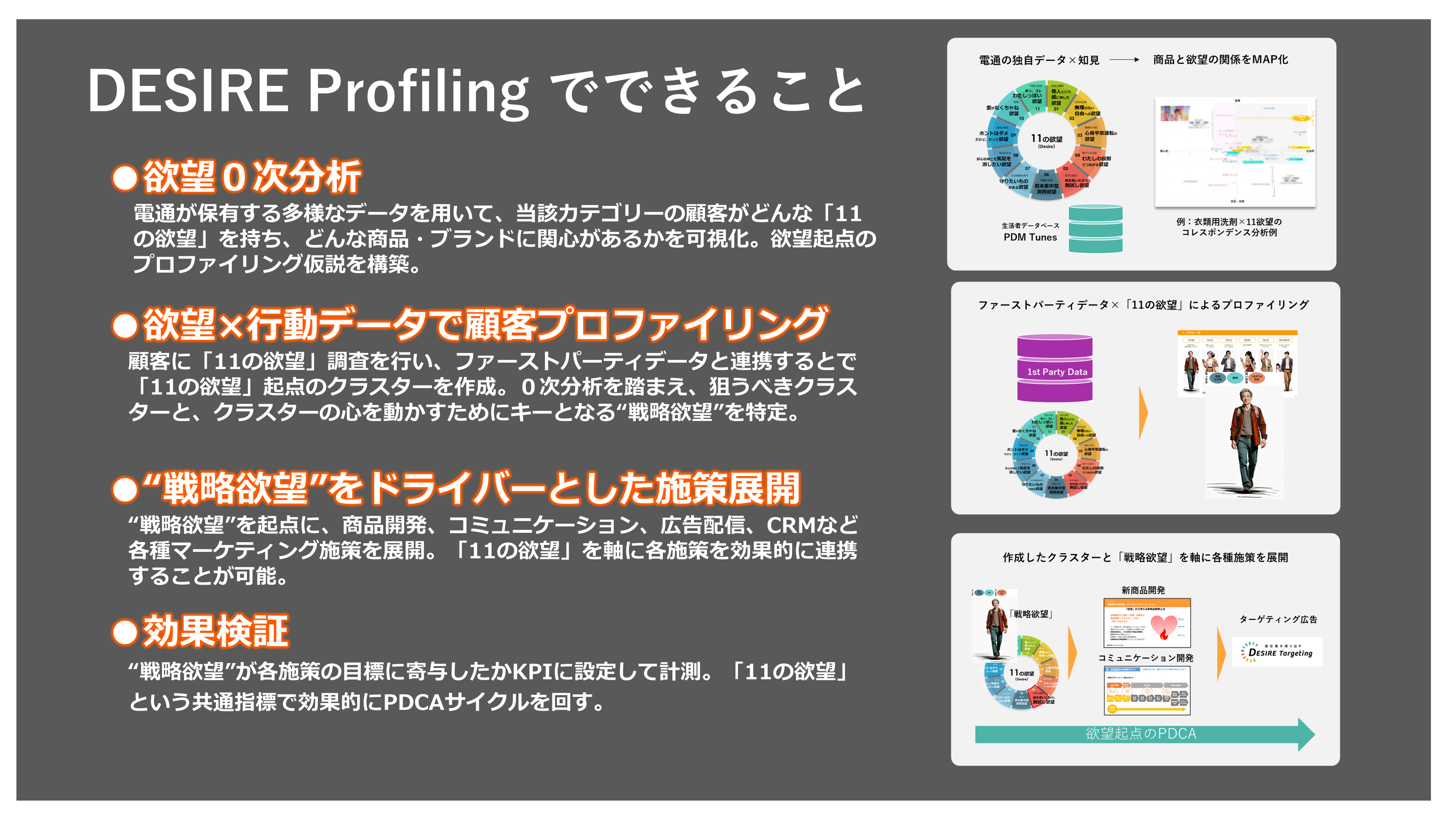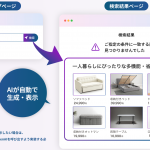TV広告主は、デジタル広告モデルを受け入れることができるのであろうか?(英文)
Beyond just getting a seat at the table, digital buyers are suddenly finding themselves at its head—and the love of data, optimization and acronyms they’re bringing with them could seriously shake up traditional media buying where a steak and a handshake still rule.
Indeed, a growing number of agency media executives who grew up in digital are finding themselves overseeing the buying and planning of all media. Last month, veteran digital leader Amanda Richman was installed as Starcom USA’s president of investment and activation. She joins John Nitti, who rose through the interactive agency ranks to become president of activation at Zenith in late 2011, and David Cohen, formerly Universal McCann’s U.S. director of digital communications, who rose to chief media officer last year.
These execs aren’t looking to force all of TV and magazine buying onto real-time exchanges tomorrow. But it’s clear they’re modifying their old-school colleagues’ ways of working and thinking—albeit nice and slowly.
“Traditional media really over-indexes on preplanning,” said Cohen. “Most of the work in digital media is done after a plan starts. So we’re trying to bring some of that thinking to TV, for example, along with concepts like machine-to-machine buying. One thing you notice is that it’s a somewhat foreign concept [in TV] to buy audience over content.”
So, look for execs like Cohen to push more data-driven TV buying during this year’s upfront and more on-the-fly optimization. “TV is organized around relationships,” said Cohen. “Many of these people have been doing this for 20 to 30 years. We’re trying to get them to think differently. Success does not equal ‘I got really good pod positioning in a season finale.’”
It won’t be easy to get TV or print to operate like the Web. Those businesses don’t necessarily have the infrastructure, or in TV’s case, the desire, to change very quickly. “Those who succeed will need really strong alliances with legacy media,” said Dave Morgan, an online ad veteran who now works in TV as CEO of Simulmedia. “And they can’t make their Web devotion religious. They have to remember how big TV is. If McDonald’s stops advertising on the Web, no one will notice. If they stop on TV, people lose jobs.”
Still, the infusion of digital blood is already being felt—on both sides of the business. Nitti pointed to both comScore and Nielsen adopting TV-like ratings for Web campaigns over the last year or so. Plus, he said, “[ABC sales chief] Geri Wang opened up the upfront last year talking about data. That would never would have happened in the past.”
Also, Web execs are learning a thing or two from their traditional counterparts. “There’s an inefficiency inherent on the Web that isn’t there in TV,” said Richman. “There’s this desire to embrace the power of those TV relationships instead of a ‘this one and done’ campaign mentality online.” As for relationships, Morgan noted that TV buyers and sellers do something radical in the eyes of the digital world: They talk to each other on the phone. Observed Cohen: “People in TV actually trust each other, which is better than fighting over contracts.”











